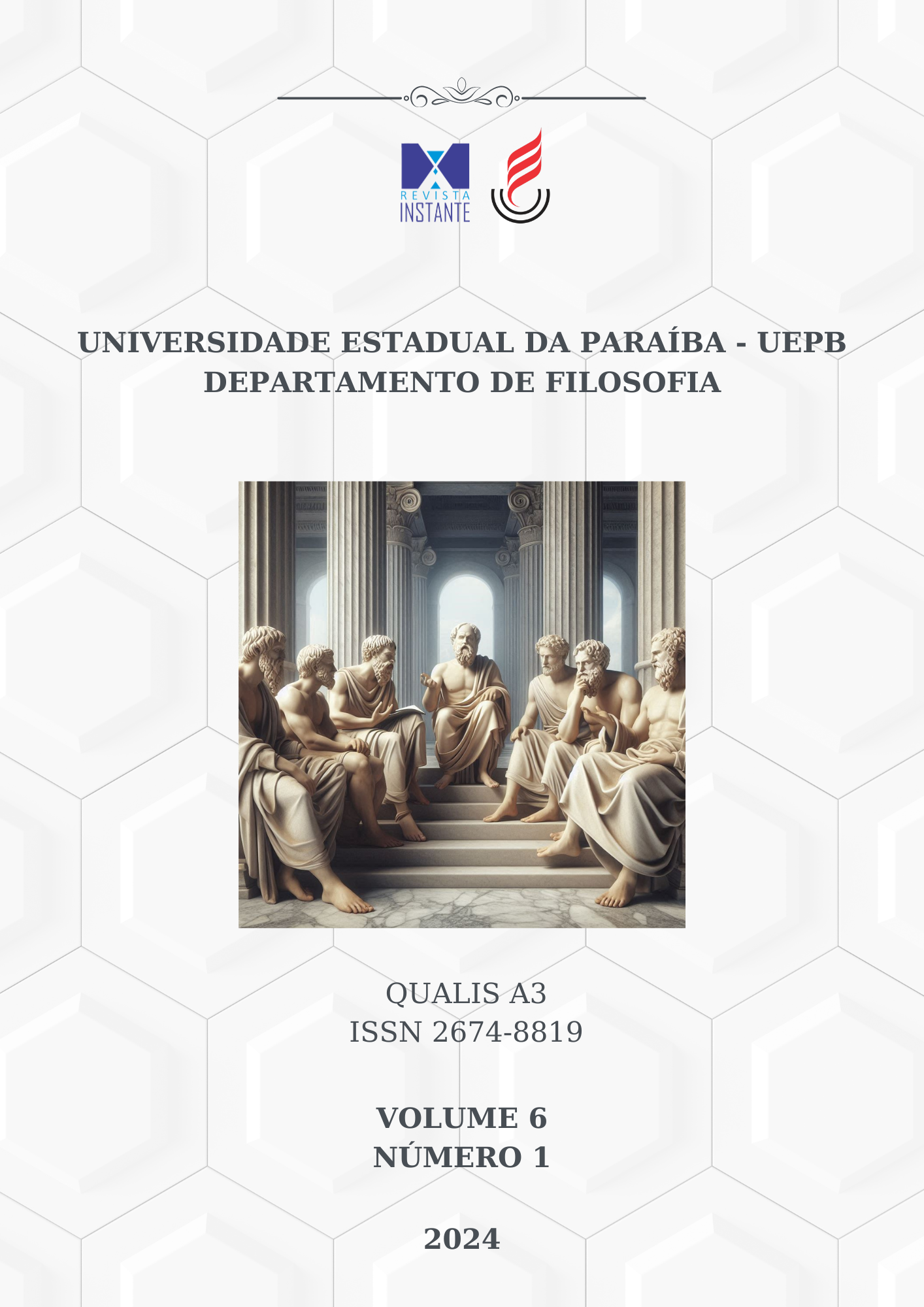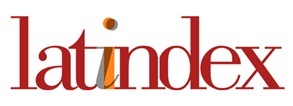Mythology of Loss
On a structuring characteristic of ontology
Keywords:
Ontology. Myth. Homesickness. Temporality. Narrative.Abstract
This article aims to present as a distinctive characteristic of ontological discourse the formulation of an "origin myth" of the human condition, understood from the structural loss of a constitutive element of our humanity, which philosophical activity itself seeks to restore – as a ritual form appropriate to this myth. We take as the guiding thread of the analysis the presentation of ontological discourse in a place where it is explicitly named (the work of Martin Heidegger), comparing moments of his reflection with its other chronological extreme (the ontological discourse in Plato). It is noted, at both ends of ontology, an equal propensity to make philosophy the diagnostic analysis of this loss and, at the same time, its remedial practice. At the end of the text, we will seek to outline an alternative, for philosophy, to the mythology of loss that appears in ontological discourse: the possibility of temporal fragmentation of the mythic circle, found in literary narratives.
References
AGAMBEN, Giorgio. Infância e História: Destruição da experiência e origem da história. Trad. Henrique Burigo. 3.reimp. Belo Horizonte: UFMG, 2014.
ARISTÓTELES. La Métaphysique. Trad. et commentaire par J. Tricot. Paris: J. Vrin, 1991.
_______. Poética. Trad. Eudoro de Souza. São Paulo: Abril Cultural, 1973 (Col. Os Pensadores).
BARTHES, Roland. Mitologias. Trad. Rita Buongermino e Pedro de Souza. 3.ed. Rio de Janeiro; São Paulo: Difel, 1978.
CAPUTO, John. Desmitificando Heidegger. Trad. Leonor Aguiar. Lisboa: Instituto Piaget, 1998.
ELIADE, Mircea. O Sagrado e o Profano: A essência das religiões. Trad. Rogério Fernandes. São Paulo: Martins Fontes, 2013.
HEIDEGGER, Martin. Sein und Zeit. Siebente unveränderte Auflage. Tübingen: Max Niemeyer: 1953.
_______. Vom Wesen der Wahrheit. In: Wegmarken (Gesamtausgabe I: Band 9). Frankfurt am Main: Vittorio Klostermann, 1976.
_______. Os Conceitos Fundamentais da Metafísica: Mundo – Finitude – Solidão. Trad. de Marco Antônio Casanova. Rio de Janeiro: Forense Universitária, 2003
_______. Nietzsche II. Trad. Marco Antônio Casanova. Rio de Janeiro: Forense Universitária, 2010.
LÉVI-STRAUSS, Claude. Antropologia Estrutural. Trad. Chaim Samuel Katz e Eginardo Pires. Rio de Janeiro: Tempo Brasileiro, 1975.
NASSAR, Raduan. Lavoura Arcaica. In: _______. Obra Completa. São Paulo: Companhia das Letras, 2016.
NOVALIS. Novalis Schriften: Kritische Neuausgabe auf Grund des handschriftlichen Nachlasses. Teil 2. Hälfte 2. Ed. Ernst Heilborn. Berlin: De Gruyter, 1901.
NUNES, Benedito. O Tempo na Narrativa. São Paulo: Loyola, 2013.
PLATÃO. O Sofista. In: Diálogos. Trad. de João Cruz Costa e Jorge Peleikat. São Paulo: Abril Cultural, 1972 (Col. Os Pensadores).
_______. Fédon. Trad. de Carlos Alberto Nunes. Ed. bilíngue (grego-português). Belém: UFPA, 2011.
_______. Fedro. Trad. de José Cavalcante de Souza, posfácio e notas de José Trindade dos Santos. Ed. bilíngue (grego-português). São Paulo: Editora 34, 2016a.
_______. A República. Trad. de Carlos Alberto Nunes. Ed. bilíngue (grego-português). Belém: UFPA, 2016b.
RORTY, Richard. Heidegger, Kundera e Dickens. In: _______. Ensaios sobre Heidegger e Outros. Trad. Marco Antônio Casanova. Rio de Janeiro: Relume-Dumará, 2002.
STEGMAIER, Werner. Nietzsche segundo Heidegger. In: _______. As Linhas Fundamentais do Pensamento de Nietzsche: Coletânea de artigos: 1985-2009. Org. Jorge Luiz Viesenteiner e André Luis Muniz Garcia. Trad. Oswaldo Giacoia Jr. et alli. Petrópolis: Vozes, 2013.
TORRANO, Jaa. O Pensamento Mítico no Horizonte de Platão. São Paulo: Annablume, 2013.
WAHRIG-BURFEIND, Renate (Org.). Wahrig: Dicionário semibilíngue para brasileiros – Alemão. Trad. de Karina Jannini e Rita de Cássia Machado. São Paulo: Martins Fontes, 2011.










